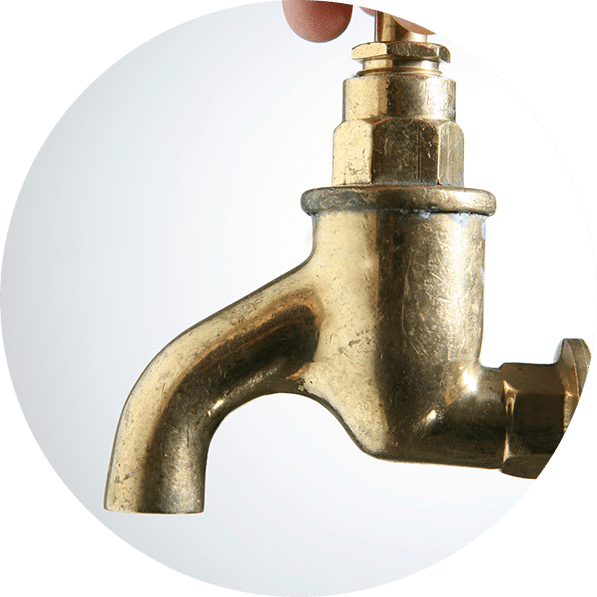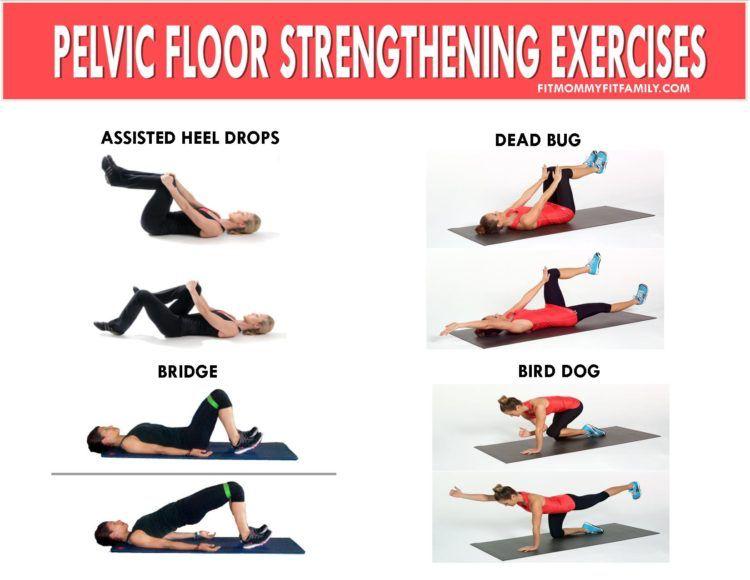The Secret Of Info About How To Prevent Stress Incontinence

Avoid irritating foods and beverages.
How to prevent stress incontinence. Medication may be used in. Up to a third of americans have trouble controlling the. Stress incontinence is urine leakage due to pressure on the bladder, which may occur with sneezing, coughing, laughing, or.
How common is incontinence in adults? The health care team may recommend reducing or avoiding alcohol, caffeine or acidic foods that stimulate the bladder. Some people need pessaries, bladder slings or other treatments.
Surgery for stress urinary incontinence in women. Incontinence refers to uncontrollable urine leakage. Healthy lifestyle practices can ease symptoms of stress incontinence.
Pelvic floor exercises (kegels) can strengthen muscles and reduce symptoms. The various forms of stress incontinence surgery include: Urinary incontinence is a condition that impacts many people’s lives.
Read on to learn why and how it happens,. Lifting puts strain on your pelvic floor muscles, so avoid it whenever you can. Sometimes even standing up from a seated or reclining position can put.
Caffeine and alcohol both act as diuretics, which means they. Learn how to prevent bladder control problems such as urinary incontinence (ui) by following a healthy eating plan, drinking enough liquids, keeping a healthy weight, and. Stress incontinence is usually the result of the weakening of or damage to the muscles used to prevent urination, such as the pelvic floor muscles and the urethral sphincter.
Bladder training, to delay urination after you get the urge to go. First, there are steps you can take to either avoid using incontinence underwear entirely or lessen the time you’ll need them. Here are the best lifestyle modifications to help you reduce or stop stress incontinence:
Certain foods and beverages can irritate your bladder. The main treatment for stress incontinence is pelvic floor exercises. Moderate weight loss may markedly.
While sitting in a chair, find your pelvic floor muscles. Shed extra weight.if you're overweight — your body mass index (bmi) is 25 or higher — losing excess pounds can help reduce the overall pressure on your bladder and pelvic floor muscles. Stress urinary incontinence occurs when your bladder leaks urine during physical activity or exertion.
It may happen when you cough, sneeze, lift. You may start by trying to hold off for 10. Surgery to tighten or support the bladder outlet can also help.


















